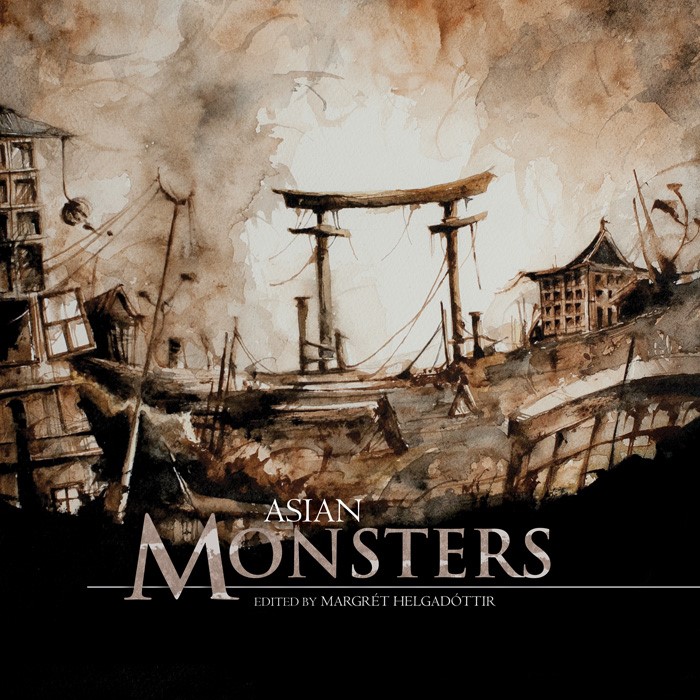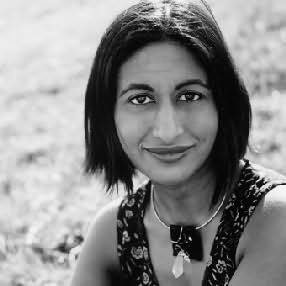Arvind Mehrotra is a name that you might not be too familiar with, but in May last year, he was the first Indian poet to be nominated for the chair of Professor of Poetry at Oxford.
Mehrotra is considered to be one of the leading Indian poets writing in English and currently heads the English department at the University o f Allahabad. On meeting him I’m struck by his apparent eccentricism, his long white hair and matching beard, his forthcoming manners – but when we discuss the nomination – its clear Mehrotra didn’t enjoy the attention. He talks me through the process and the permission he has to give before a nomination is considered. ” These things,” he says, “are such that only happen once in a lifetime.” So it doesn’t appear that he will stand for Professorship again despite an active campaign for him to take the position.
As a young writer, Mehrotra found himself running away from traditional Indian literature and cites EE Cummings, Carlos Williams, Ginsberg and Lawrence as his strongest influences. “I read literature from all over the world and had very cosmopolitan tastes.” He admits to writing “a lot of drivel”, before realising that there was a writer in him. The poem that changed it all was The Sale (published in Middle Earth, Oxford University Press 1984), a poem he still acknowledges is his best writing to date. “I was happy with it when I wrote it.”
After all the stir Anita Desai made recently dismissing the potential value of creative writing courses I ask him, does he think they can help a writer? Although Mehrotra has never been part of a creative writing course, as a student or teacher, he firmly believes that “every writers needs help to write his best work. Be it from the guidance of an agent, publisher, or an indeed, intervention from the editor, it is crucial.” So is a poet born? “You have to be inspired to write, but inspiration cannot sustain, it can only take you thus far. That inspiration needs to be developed with structure and that’s when you have a completed poem.”
Most of Mehrotra’s recent works have focussed on translating Indian literature. A volume of Prakrit love poems was recently reissued in Penguin Classic. These short verses he explains, are over two thousand years old, and usually contain longer commentaries by critics, filled with sexual connotations, something which the critics interpret rather than what the writer directly tells us. When I ask him about his favourite book of all time, he tells me about The Collected Poems in English by Arun Kolatkar, which he has also edited. It contains a poem entitled, Jeyjuri, which he considers to be one of the greatest poems written in India.
We talk more generally about India and the state of the book market. Books are a luxury but there is certainly a growing market for them, especially self help and business books.” He acknowledges the hardships for writers in today’s climate. “Its a difficult time for a writer. There is immense pressure to write, not to be published, but to sustain work.” His son is a writer too, his first novel, The Butterfly Generation, which is due to be published later this year.
So what advice would he give to any aspiring writer or poet: “To read, read alot, its the best thing anyone can do for oneself.”

